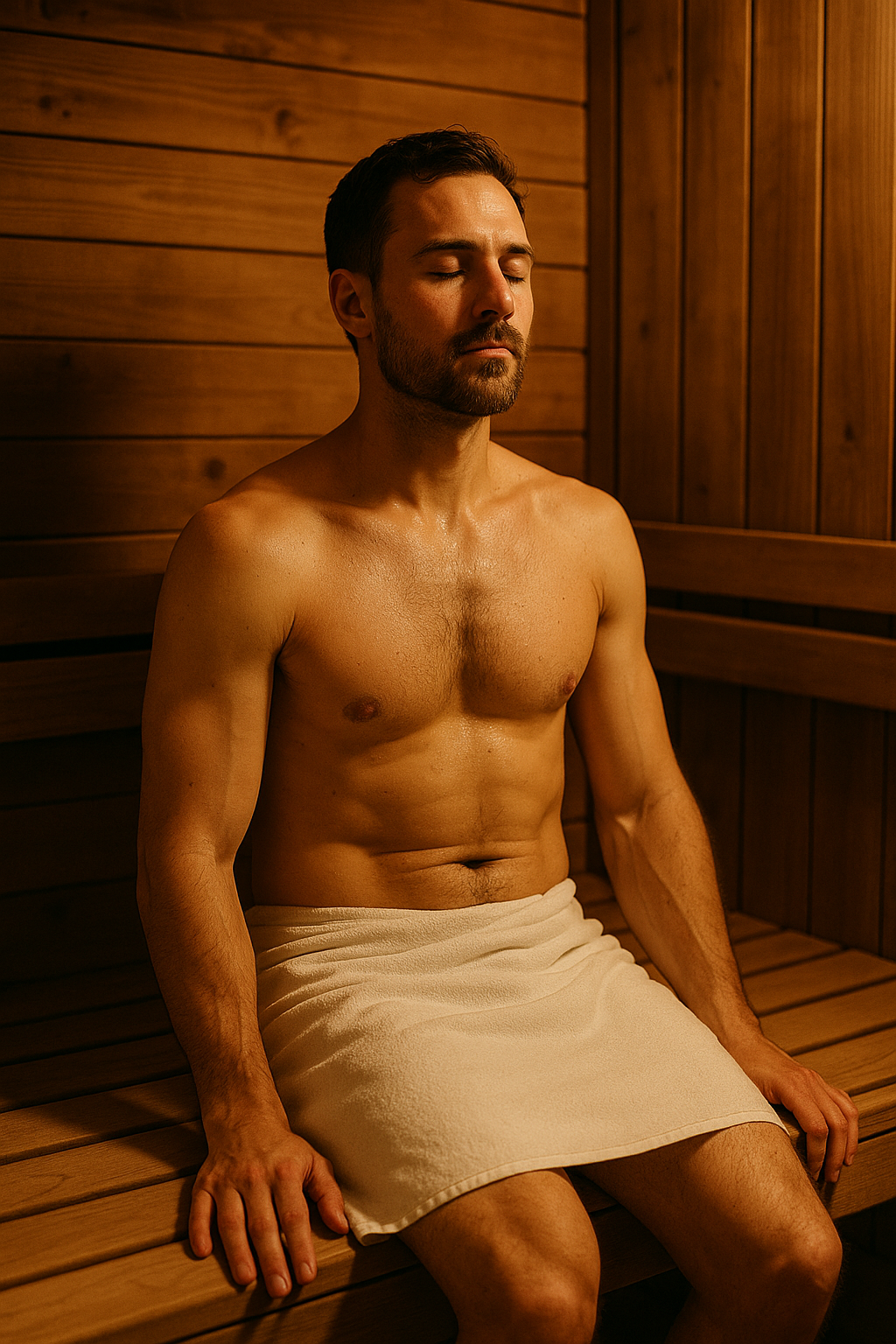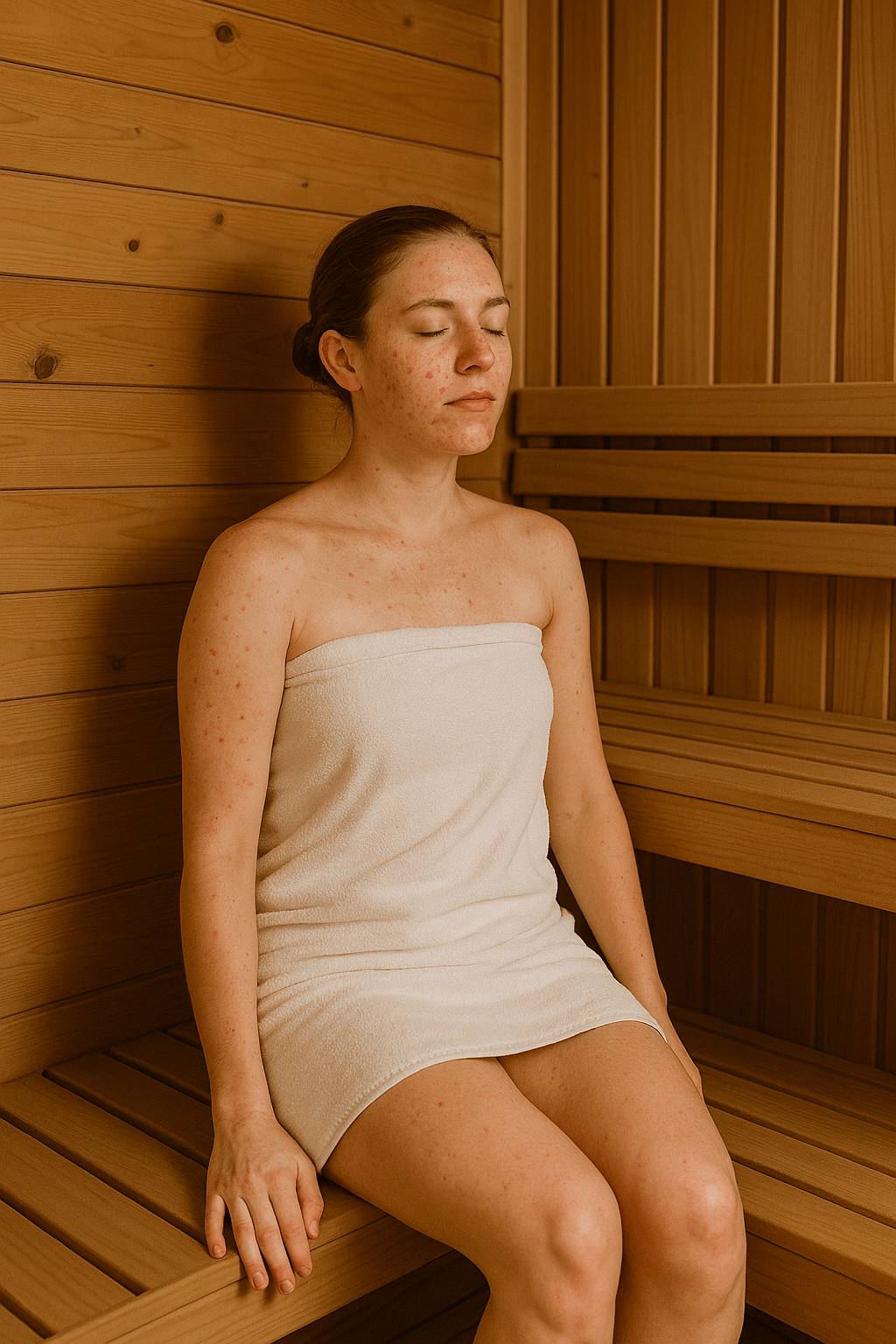Using the Sauna After Exercise: Enhancing Recovery and Relaxation
Should You Use the Sauna Before or After Exercise? Unveiling the Truth About Sauna Timing
If you’re someone who loves the rejuvenating experience of a sauna, you’ve likely wondered: Should I use the sauna before or after my workout? After all, saunas are known for their relaxing, detoxifying effects, but how do they fit into your fitness routine?
The decision to use a sauna either before or after exercise can influence the benefits you experience. Whether you’re aiming to relax tight muscles, boost circulation, or recover faster, understanding the timing can make all the difference. In this article, we’ll dive deep into the science and advantages of sauna use at different stages of your workout routine.
Understanding the Benefits of Sauna Use
Before deciding on the ideal time to use the sauna, it's important to understand the physiological benefits saunas can provide, especially in the context of exercise and post-exercise recovery.

1. Muscle Recovery and Reduced Soreness
After a tough workout, your muscles can become sore and fatigued. Sauna heat helps to promote blood flow and accelerates the removal of metabolic waste products like lactic acid, which can cause muscle soreness.
-
Detoxification: Sweat induced by sauna use helps to flush out toxins from the body, promoting faster muscle recovery.
-
Reduced Inflammation: Heat helps to reduce post-exercise inflammation, alleviating muscle aches and joint stiffness.
2. Enhanced Relaxation and Stress Relief
After an intense workout, your body is often in a state of tension. Sauna use can relax both your muscles and mind, helping to lower cortisol levels (the stress hormone) and promote a sense of calm.
-
Endorphin Boost: Just like before a workout, sauna use after exercise stimulates endorphin release, which can leave you feeling relaxed and at ease.
3. Better Sleep Quality
Using the sauna post-workout can promote better sleep. The combination of physical relaxation and stress relief can help you fall asleep faster and improve sleep quality.
-
Improved Sleep Patterns: Regular sauna use has been linked to improved sleep hygiene and overall restfulness, which is essential for recovery.
Drawbacks of Using the Sauna After Exercise
While the post-workout sauna has clear benefits, there are a few things to consider:
-
Risk of Overheating: If you’ve already exerted yourself during your workout, the heat from the sauna might push you to a state of overheating.
-
Dehydration: As with pre-workout sauna use, staying in the sauna too long after exercise can worsen dehydration, especially if you haven’t rehydrated properly.
Sauna Before Exercise
Using the sauna before exercise is often overlooked, but there are definite benefits when used appropriately. Here’s what you should know:
The Science Behind Sauna Use Before Exercise
Using the sauna before exercise can have a few key advantages, particularly for your muscles and joints. The heat causes your blood vessels to expand, improving circulation and warming up your muscles. This can help in reducing the risk of injury during your workout.
A study published in the Journal of Strength and Conditioning Research found that warming up muscles in a sauna can enhance flexibility and joint mobility. However, it's important to note that saunas should not replace traditional warm-ups such as dynamic stretching. Instead, the sauna should be part of your warm-up regimen, complementing your stretches or light exercises.
Benefits of Using the Sauna Before Your Workout
-
Increased Blood Flow: The sauna’s heat expands blood vessels, increasing circulation, which helps to improve oxygen delivery to your muscles during exercise.
-
Loosens Muscles: Heat can help to relax muscles, reducing the tightness and stiffness you might feel before a workout.
-
Enhanced Flexibility: The heat from a sauna can increase flexibility and range of motion, helping to prepare your body for high-intensity activity or strength training.
Considerations
-
Limit Time in the Sauna: If you’re using the sauna as a warm-up, limit your session to about 10-15 minutes. Prolonged exposure before your workout could leave you feeling fatigued or dehydrated.
-
Stay Hydrated: Ensure you drink plenty of water before heading into the sauna to avoid dehydration, which can affect your workout performance.
Sauna After Exercise
Most people use saunas after their workout, and for good reason. After an intense session at the gym, your body is often in need of recovery. Here’s why the sauna is a great post-workout option:
The Science Behind Sauna Use After Exercise
Post-exercise sauna sessions are well-known for promoting muscle relaxation and speeding up the recovery process. After exercise, your muscles are often inflamed, and using a sauna can help soothe sore muscles. The increased blood flow from sauna heat helps carry oxygen and nutrients to muscles, aiding in their recovery.
In a 2019 study published in JAMA Internal Medicine, sauna use post-exercise was linked to improved cardiovascular health and muscle recovery, making it an excellent choice for athletes and fitness enthusiasts.
Benefits of Using the Sauna After Your Workout
-
Muscle Relaxation and Recovery: Heat helps relax muscles, providing relief from post-workout soreness and reducing muscle tightness.
-
Reduced Inflammation: Sauna use after exercise can help reduce muscle inflammation and prevent injury by promoting blood flow.
-
Improved Detoxification: Sweating post-workout helps to flush out toxins that accumulate during exercise, leaving you feeling refreshed and rejuvenated.
Considerations
-
Cool Down First: After your workout, it’s essential to let your body cool down before heading into the sauna. Cooling down prevents your heart rate from spiking suddenly, making the sauna session more effective.
-
Time Limits: Limit your sauna session to about 15–20 minutes post-workout to avoid overtaxing your body’s ability to cool down.
Should You Alternate Sauna Use Before and After Workouts?
Many fitness enthusiasts are curious about whether alternating sauna use before and after workouts provides extra benefits. Here’s what you should consider:
Benefits of Alternating Sauna Use
-
Double the Recovery: By using the sauna both before and after workouts, you can improve circulation, enhance flexibility, and speed up recovery.
-
Increased Endorphin Release: Alternating sauna sessions can help regulate mood, reduce stress, and help you mentally prepare for your workout while also boosting post-exercise recovery.
Considerations
-
Time Commitment: Spending additional time in the sauna, whether before or after exercise, can add up. Keep track of your time spent and make sure you’re not overdoing it, especially if you’re new to sauna use.
-
Hydration and Rest: Make sure to drink plenty of fluids and get adequate rest to recover fully from your workout and sauna use.
How to Maximize Your Sauna Experience for Optimal Results
To fully benefit from sauna use, it’s essential to follow a few guidelines:
-
Hydrate Properly: Drink water before, during, and after your sauna session. This is critical to replenish fluids lost through sweat.
-
Combine with Stretching: Incorporating stretching into your sauna routine can help further enhance flexibility and relaxation.
-
Use Sauna as a Recovery Tool: Consider using the sauna regularly as part of your overall recovery plan to keep muscles flexible and reduce post-exercise soreness.
-
Listen to Your Body: Pay attention to how your body responds to sauna heat. If you feel lightheaded or uncomfortable, exit the sauna immediately.
Sauna Use Before or After Exercise—Which is Best for You?
Incorporating sauna therapy into your fitness routine can offer significant benefits, whether you choose to use it before or after exercise. Both options enhance performance, promote recovery, and support overall well-being. The key is to understand your personal goals and preferences to determine the best timing for sauna use.
For those looking to improve flexibility, warm up muscles, and enhance circulation, sauna use before exercise may be the ideal choice. However, if your goal is muscle recovery, relaxation, and detoxification, post-workout sauna use may be more beneficial.
Want to enhance your sauna experience? Browse our collection of 2-person infrared saunas and infrared saunas with red light therapy for the perfect fit.
Additional Resources
- Cleveland Clinic – Sauna Benefits & Precautions
- Mayo Clinic – Exercise Recovery and Sauna Use










Leave a comment
This site is protected by hCaptcha and the hCaptcha Privacy Policy and Terms of Service apply.